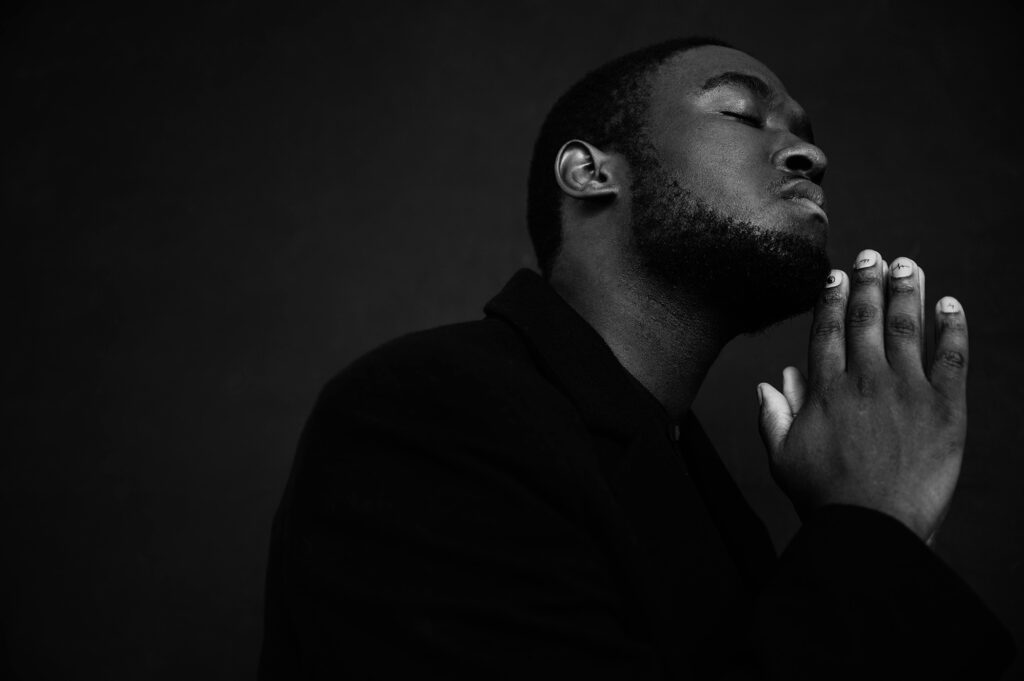
A question I often hear as a therapist is, “Are you a Christian counselor?” It’s a fair question, and it opens up a much broader conversation about what it really means to integrate faith into the therapeutic process.
Faith can play a significant role in therapy, and many individuals seek out counselors who share their religious beliefs. At Oaks Counseling Associates, I work with people from all faith backgrounds. For about half of my clients, their faith or spirituality is relevant to their therapy, with experiences that can be both positive and challenging.
Why Choose a Faith-Based Counselor?
Many clients believe that a counselor who shares their faith will have a deeper understanding of their values, struggles, and experiences. For individuals whose faith is central to their identity, it’s important to integrate these beliefs into the therapeutic process.
If your faith influences your daily life and relationships, you probably feel a counselor who shares your spiritual principles will offer guidance that best resonates with your beliefs. This connection ensures you feel understood and supported in how your faith impacts you.
My grandfather was a Pentecostal preacher. I went to Baptist middle school and Catholic high school. Following my service in Iraq, I struggled with my Christian faith and explored Buddhism for several years before officially becoming Catholic. I’ve also lived in various Muslim countries.
And it’s this broad experience that allows me to understand and respect the complexities of each person’s faith journey. I’m well-versed in various faith languages and religious terminology, which also helps build rapport and trust with my clients, who cover the religious spectrum.
How We Talk About Religion in Sessions
In my practice, my approach begins with a deep curiosity not only about my clients’ religious affiliations but also about how their faith and spirituality manifests in their daily lives.
Understanding what it means for each individual or couple to practice their faith is essential. Questions might include: How often do they attend services? In what ways is their faith integrated into their family dynamics? How does it influence their decision-making processes, both personally and interpersonally?
I also recognize that identifying with a particular faith does not always mean adhering to it in a traditional sense. Many clients come with complex relationships to their faith, sometimes carrying feelings of shame, guilt, or trauma from past experiences within their religious communities.
A Safe Place to Explore
Some clients seek to reconnect with their faith, while others are in the process of disentangling themselves from it. This diversity of journeys requires creating a space where differing opinions on important matters—like finances, education, and lifestyle choices influenced by faith—can be openly discussed without judgment.
In marriage, differences in beliefs about spending money, tithing, and parenting can become sources of conflict, especially when partners come from different religious backgrounds or have varying levels of adherence to what their faith teaches.
The goal is to create a safe space where clients can explore and express their personal connections to faith, promoting growth, understanding, and resilience as they work through their religious identities and practices in life and relationships.
Balancing Faith with Professionalism
Integrating personal faith perspectives in counseling does involve ethical considerations. It’s important for me to be a therapist first while respecting clients’ religious beliefs.
This means validating clients’ experiences within their faith contexts while also addressing any beliefs or practices that could be harmful. For example, if a client’s religious beliefs contribute to guilt or anxiety, we work together to explore healthier perspectives without dismissing their faith. Trauma linked to a religious upbringing requires a deeper dive, both to unpack the trauma and to heal from it.
The goal is to create a supportive environment where clients feel understood and respected, while also helping them navigate their spiritual journey with clarity and positivity.
Partners in Faith-Centered Therapy
At Oaks Counseling Associates, we understand the profound impact of faith on therapy and are equipped to support clients from diverse religious backgrounds. Whether you’re seeking guidance in reconciling your faith with life’s challenges or exploring how your beliefs shape your relationships, for better or worse, we provide a safe and supportive environment for your journey. For more information about OCA visit our website, and follow us on Facebook and Instagram (@oakscounselingassociates).
This blog was written by Jonathan Kolmetz.

